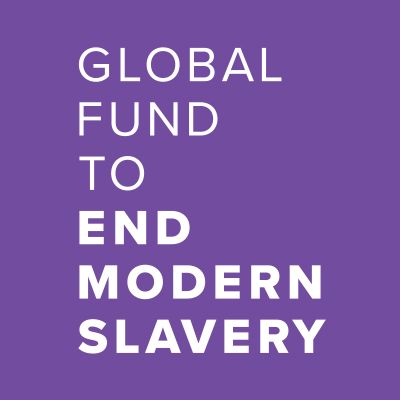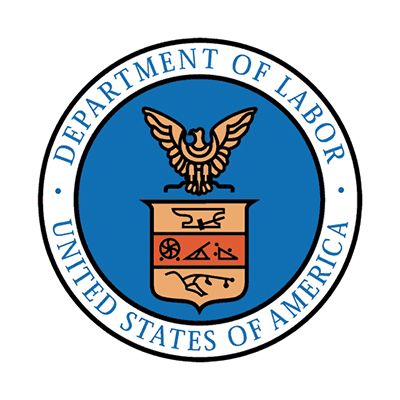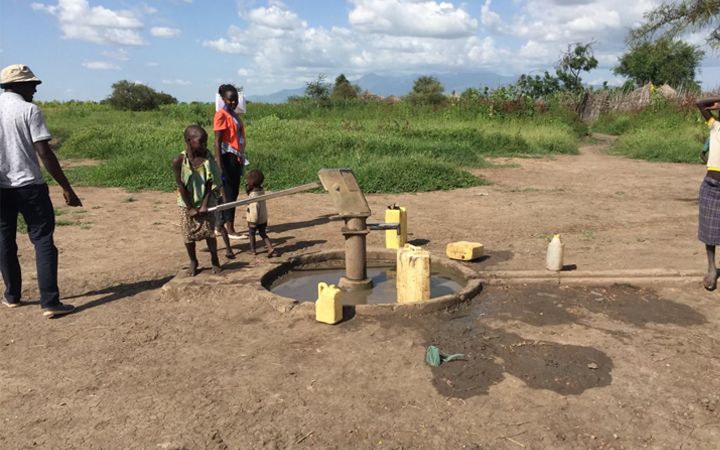
Conducting global labor and migration research during COVID-19
Surveying migrants, victims of human rights violations, and at-risk children is a delicate task in the best of circumstances. While conducting research for the Global Fund to End Modern Slavery (GFEMS) and the U.S. Department of Labor, we developed innovative ways to reach research subjects and collect accurate and reliable information, despite barriers imposed by the pandemic.


Challenge
The COVID-19 pandemic disrupted nearly every aspect of life across the globe. As such, typical methods for gathering research information were also interrupted. Because the work of ending sexual exploitation and forced labor remain as critical as ever, our research in Bangladesh and Uganda could not wait.
In proceeding with our work, we faced several challenges:
- Collecting accurate information on sensitive subjects
- Safely gathering information in the context of the pandemic
- Connecting with hard-to-reach populations, including at-risk children in Uganda and garment workers in Bangladesh.
Protecting the health and safety of those involved—researchers and survey participants alike—was paramount to the endeavor.

Children draw water from a well near their village in Karamoja, Uganda.
Solution
For two studies in Uganda, our research for GFEMS focused on the commercial sexual exploitation of children. Collecting accurate information from children on a sensitive topic in the presence of their family is difficult, but honest answers are essential to GFEMS’s design of interventions.
To ensure children were both comfortable and forthcoming about their experiences, our research team, along with Makerere University in Uganda, developed a tablet-based model with headphones so that children could hear questions privately. Children were prompted to select images on a tablet that corresponded with their answers. The images included everyday objects—like trees, drums, and footprints—designed intentionally for discretion. As a self-guided, independent survey, this method also allowed for social distancing during the pandemic.
In Bangladesh, our study for the Office of Child Labor, Forced Labor, and Human Trafficking in the U.S. Department of Labor’s Bureau of International Labor Affairs focused on forced labor in the garment industry supply chain. Like the study in Uganda, this work involved a vulnerable population that might be reluctant to speak about abuse in the workplace for fear of retaliation from their employers.
The Bangladesh study took a hybrid approach, working through a combination of in-person and remote research. Phone interviews and tablets allowed for social distancing while collecting accurate and actionable data. We worked with local non-governmental organizations (NGOs) to connect with hard-to-reach migrant workers who may not have internet access or a fixed address.
Results
The two studies completed in Uganda and the one ongoing in Bangladesh can help drive program interventions and policies on commercial sexual exploitation and forced labor.
The Uganda studies provide the GFEMS with valuable insight on the risk factors for children victimized by commercial sexual exploitation and what interventions could keep kids in school and away from the sex-trafficking industry. The studies also point to interventions that could help children escape the sex-trafficking industry.
Thanks to these innovative research approaches, we were able to continue working with our partners on the ground during the COVID-19 pandemic. In Uganda, this vital information will help inform the messaging of social awareness campaigns and better tailor crucial services to vulnerable populations. Such adaptations help us to reach more individuals and families in the prevention and intervention of exploitation around the globe without interruption
“Thanks to the Karamoja study, we are currently working with our partners on the ground to modify the messaging of our social awareness campaigns and better tailor much-needed services to survivors and vulnerable populations. These adaptations will ultimately make our work more impactful for more people.“
This research in Uganda, and this blog, was funded in part by a grant from the United States Department of State. The opinions, findings, and conclusions stated herein are those of the author[s] and do not necessarily reflect those of the United States Department of State.
Funding for this research in Bangladesh was provided by the United States Department of Labor. This material does not necessarily reflect the views or policies of the United States Department of Labor, nor does the mention of trade names, commercial products, or organizations imply endorsement by the United States Government.